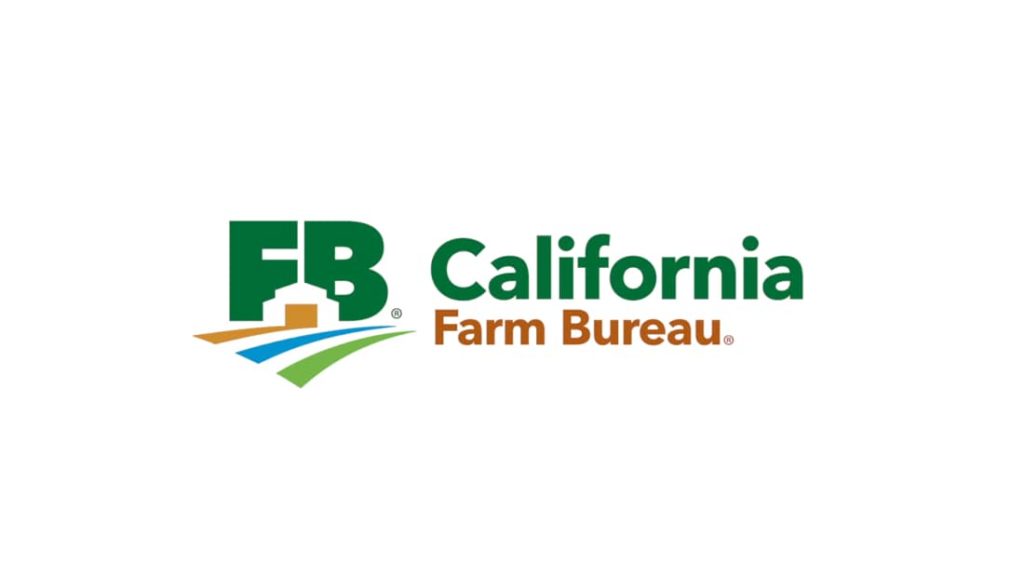Apr 20, 2022California farms impacted by illegal dumping may get help
Illegal dumping on private lands in rural communities is an issue that has plagued farmers and ranchers for many years.
Old mattresses, sofas, appliances, tires and household garbage are routinely discarded along roadways, causing an unsightly mess and bringing added costs to farmers or the county to clean the mess or haul it to a landfill.
“I get dumped on at least once a week. It’s a constant source of irritation,” said Butte County, California, farmer John Crowe, who grows almonds in Durham. “I get dirty diapers. I get hypodermic needles. I get bags of pot. I get oil drums. I get chainsaw chains, cardboard and Christmas trees, just everything you can imagine. We’re always hauling stuff out of there.”
Crowe said his property is adjacent to a railroad trestle and an overpass that create a secluded place where people routinely illegally dump a wide variety of waste, including hazardous materials, which are much more difficult to address than routine trash.
For Crowe, he said the biggest issues about illegal dumping are the time and energy it takes for him to dispose of the garbage and the inability of local agencies to help address the cleanup.
Crowe said two 55-gallon barrels of highly toxic acetate were once dumped on his property. His calls to authorities about the material went unaddressed.
He said he asked deputies sitting at a coffee shop to help determine what he should do with the barrels. The deputies followed him back to the property, and the fire department was also called to respond. With the railroad property nearby, Crowe said there was confusion about which agency had jurisdiction over the problem.
Two weeks later, a Cal Fire official visited the property and called a special hazardous-materials team to come test the material and remove the barrels, Crowe said.
“They find out, yeah, it’s hazardous and a local industrial company has dumped this stuff. That’s just one incident,” Crowe said.
His problem, he said, is that when he asks government agencies for help, he’s made to feel as if he’s “the bad guy.”
Attempts by Crowe to prevent dumping on his land haven’t yielded desirable results, he said.
“I went to the county, and they worked up an illegal dumping sign, and they put a metal post in concrete, and within two weeks, people had knocked the post down,” he said.
To help farmers and ranchers address illegal dumping, California Farm Bureau has sponsored Assembly Bill 2613, authored by Assemblymember Robert Rivas, D-Salinas.
The bill creates a pilot program within CalRecycle’s existing Farmer Rancher Waste Cleanup Abatement program that allows farmers and ranchers to apply directly for reimbursement to clean up illegal dumping on their lands. The legislation passed out of the Assembly Natural Resources Committee on Monday afternoon.
“We are creating this pilot program because we want to make sure that the abatement program funds remain accessible to farmers and ranchers,” said Katie Little, a California Farm Bureau policy advocate.
Little said the bill is supported by several of the state’s agricultural, rural and business communities. “This would dedicate a separate $1 million program and bring the focus back to farmers and ranchers,” she said.
The existing Farm and Ranch Solid Waste Cleanup and Abatement Grant Program allows for public entities, such as cities, counties, resource conservation districts and tribal entities, to apply for funds on behalf of farmers and ranchers.
Grants are awarded to public entities that organize the cleanup for parcels zoned for agriculture, including public lands that are not in active agricultural use.
The pilot program under AB 2613 would prioritize farmers and ranchers, Little said, ensuring that funding would go directly to cleaning up active agricultural operations.
“We wanted the pilot program to be a little different, because the current program caps you at how much you’re allowed to apply for and discourages people from applying for funds (again) within the same year,” Little said. The program also includes funds for abatement measures such as installing a fence, lighting or cameras, she added.
Under AB 2613, a grant recipient would be able to use funds to clean up and abate multiple sites or multiple projects on the same site. Grant funds could also be used to clean up after a new illegal dumping incident, and in subsequent years.
Norm Groot, Monterey County Farm Bureau executive director, said dumping on farms remains a significant issue.
“Farm operations are forced to spend their own time, energy and funds to clean up items dumped, and direct funding for these cleanup efforts would move the process forward quickly,” Groot said. “Food safety is always at risk with illegal dumping.”
He said prompt cleanup is critical to avoiding potential contamination to crops, adding that providing “direct funding to farm operations would allow for cleanup actions immediately.”
– Christine Souza, California Farm Bureau Federation















